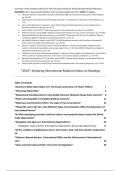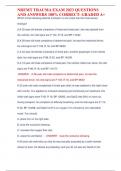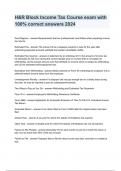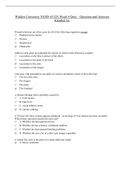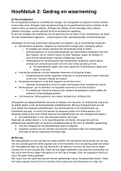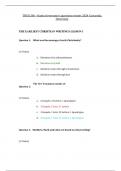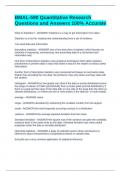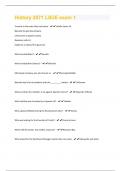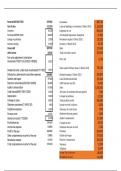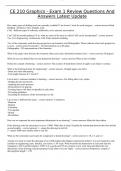Samenvatting
Summary *2023* Analyzing International Relations Notes on Readings - GRADE 7,5
- Vak
- Instelling
Summary of the reading materials for the final exam (2023) for Analyzing International Relations. INCLUDES notes, the puzzle/motivation and core ideas/arguments from (Total: 31 pages): Alexander Wendt’s article (1992) “Anarchy Is What States Make of It: The Social Construction of Power Polit...
[Meer zien]
